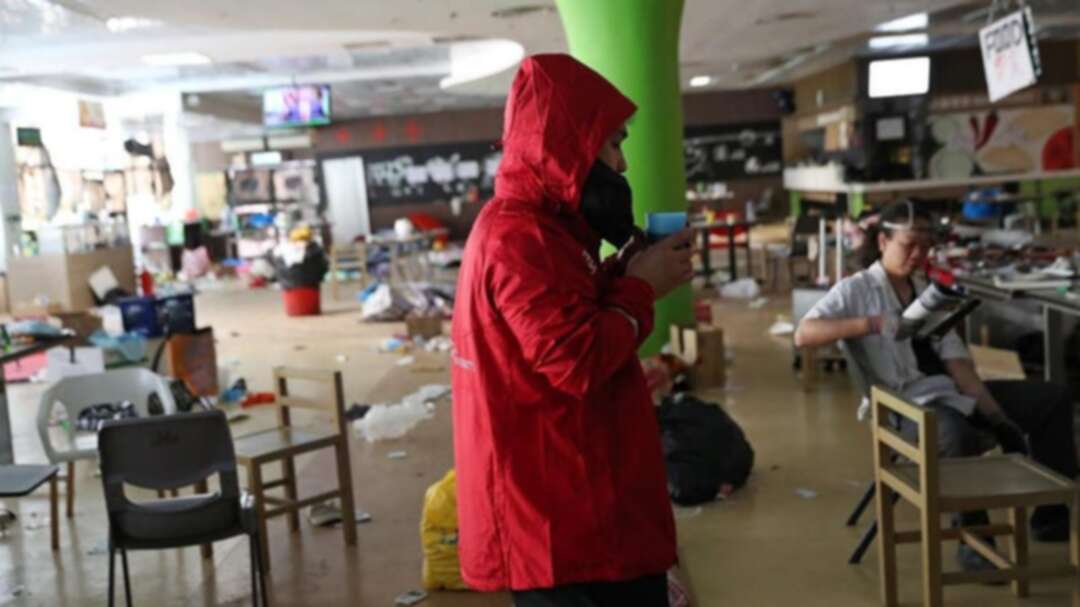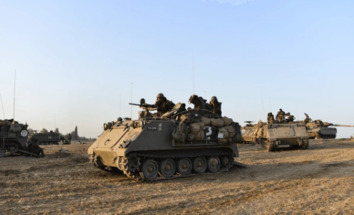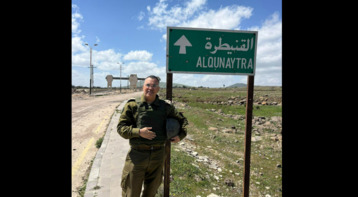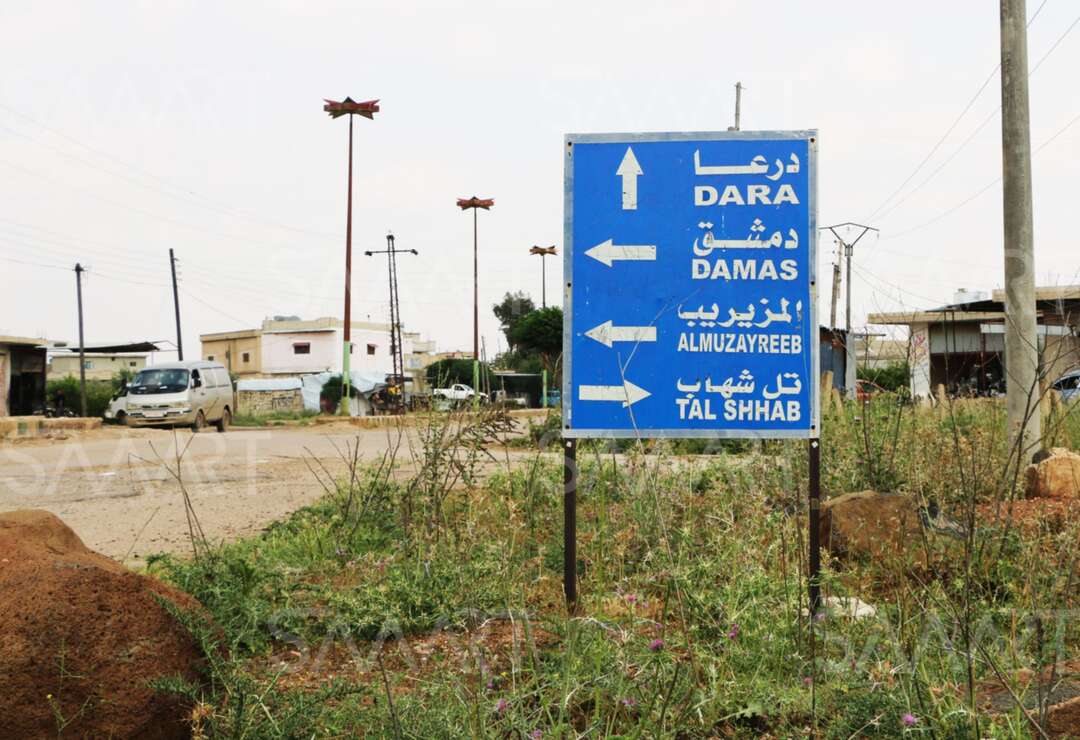-
Campus siege nears end as Hong Kong gears up for election

A Hong Kong university campus under siege for more than a week was a deserted wasteland on Saturday, with a handful of protesters holed up in hidden refuges across the trashed grounds, as the city’s focus turned to local elections.
The siege neared its end as some protesters at Polytechnic University on the Kowloon peninsula desperately sought a way out and others vowed not to surrender, days after some of the worst violence since anti-government demonstrations escalated in June.
“If they storm in, there are a lot of places for us to hide,” said Sam, a 21-year-old student, who was eating two-minute noodles in the cafeteria, while plotting his escape.
Another protester, Ah Chung, clad in a face mask and a red Polytechnic University tracksuit, said he was prepared to stay for the duration.
“I’ll continue to stay here, but hopefully not forever,” he said with a touch of humor.
The handful of protesters still visible on the campus were outnumbered by media and people seeking to assist.
A social worker who would only give his name as Sendon said he had crossed paths with four protesters on Saturday and was concerned about their mental state.
“They’ve been in this highly stressful environment for so long, over 120 hours, and they have no easy way to release this stress,” he said. “We’re trying to urge them to come out gently.”
Many of the remaining protesters were in hiding, fearful of possible arrest and wary of those urging surrender, said Woo Kwok Wang, the 22-year-old acting president of the university’s student union.
“They are afraid of contact with other people because they will think that maybe social workers or lawyers are going to persuade them to surrender,” he said.
Woo said he had been on the campus since Wednesday to provide support for the students, and would only leave when he felt his help was no longer needed.
About 1,000 people have been arrested or registered by police in the siege in the Chinese-ruled city, about 300 of them younger than 18.
Police have set up high plastic barricades and a fence on the perimeter of the campus. Towards midday, officers appeared at ease, allowing citizens to mill about the edges of the cordon as neighborhood shops opened for business.
Some roads next to the campus had reopened by Saturday afternoon.
Rotting rubbish and boxes of unused petrol bombs littered the campus. On the edge of a dry fountain at its entrance lay a Pepe the frog stuffed toy, a mascot protesters have embraced as a symbol of their movement.
Scores of construction workers worked at the mouth of the Cross-Harbour Tunnel, closed for more than a week after it was first blockaded, to repair toll booths smashed by protesters and clear debris from approach roads.
Looming election
The repairs got underway as a record 1,104 people gear up to run for 452 district council seats in elections on Sunday.
A record 4.1 million Hong Kong people, from a population of 7.4 million, have enrolled to vote, spurred in part by registration campaigns during months of protests.
Young pro-democracy activists are now running in some of the seats that were once uncontested and dominated by pro-Beijing candidates.
The protests snowballed from June after years of resentment over what many residents see as Chinese meddling in freedoms promised to Hong Kong when the former British colony returned to Chinese rule in 1997.
Beijing has said it is committed to the “one country, two systems” formula by which Hong Kong is governed. It denies meddling in the affairs of the Asian financial hub and accuses foreign governments of stirring up trouble.
However, Australia’s Age newspaper reported on Saturday that an apparent Chinese intelligence service agent is seeking asylum in Australia after claiming to have details on Beijing’s political interference in Hong Kong, Taiwan, and Australia.
The defector, identified as Wang “William” Liqiang by Nine network newspapers, is reported to have provided the Australian Security Intelligence Organisation, or ASIO, with the identities of China’s senior military intelligence officers in Hong Kong, the paper said.
In an interview with Fox News Channel on Friday, US President Donald Trump said he had told Chinese President Xi Jinping that crushing the Hong Kong protests would have “a tremendous negative impact” on efforts to end the two countries’ 16-month-long trade war.
“If it weren’t for me Hong Kong would have been obliterated in 14 minutes,” Trump said, without offering any evidence.
“He’s got a million soldiers standing outside of Hong Kong that aren’t going in only because I ask him, ‘Please don’t do it, you’ll be making a big mistake, it’s going to have a tremendous negative impact on the trade deal,’ and he wants to make a trade deal.”
source: Reuters
You May Also Like
Popular Posts
Caricature
BENEFIT AGM approves 10%...
- March 27, 2025
BENEFIT, the Kingdom’s innovator and leading company in Fintech and electronic financial transactions service, held its Annual General Meeting (AGM) at the company’s headquarters in the Seef District.
During the meeting, shareholders approved all items listed on the agenda, including the ratification of the minutes of the previous AGM held on 26 March 2024. The session reviewed and approved the Board’s Annual Report on the company’s activities and financial performance for the fiscal year ended 31 December 2024, and the shareholders expressed their satisfaction with the company’s operational and financial results during the reporting period.
The meeting also reviewed the Independent External Auditor’s Report on the company’s consolidated financial statements for the year ended 31 December 2024. Subsequently, the shareholders approved the audited financial statements for the fiscal year. Based on the Board’s recommendation, the shareholders approved the distribution of a cash dividend equivalent to 10% of the paid-up share capital.
Furthermore, the shareholders endorsed the allocation of a total amount of BD 172,500 as remuneration to the members of the Board for the year ended 31 December 2024, subject to prior clearance by related authorities.
The extension of the current composition of the Board was approved, which includes ten members and one CBB observer, for a further six-month term, expiring in September 2025, pending no objection from the CBB.
The meeting reviewed and approved the Corporate Governance Report for 2024, which affirmed the company’s full compliance with the corporate governance directives issued by the CBB and other applicable regulatory frameworks. The AGM absolved the Board Members of liability for any of their actions during the year ending on 31st December 2024, in accordance with the Commercial Companies Law.
In alignment with regulatory requirements, the session approved the reappointment of Ernst & Young (EY) as the company’s External Auditors for the fiscal year 2025, covering both the parent company and its subsidiaries—Sinnad and Bahrain FinTech Bay. The Board was authorised to determine the external auditors’ professional fees, subject to approval from the CBB, and the meeting concluded with a discussion of any additional issues as per Article (207) of the Commercial Companies Law.
Speaking on the company’s performance, Mr. Mohamed Al Bastaki, Chairman BENEFIT , stated: “In terms of the financial results for 2024, I am pleased to say that the year gone by has also been proved to be a success in delivering tangible results. Growth rate for 2024 was 19 per cent. Revenue for the year was BD 17 M (US$ 45.3 Million) and net profit was 2 Million ($ 5.3 Million).
Mr. Al Bastaki also announced that the Board had formally adopted a new three-year strategic roadmap to commence in 2025. The strategy encompasses a phased international expansion, optimisation of internal operations, enhanced revenue diversification, long-term sustainability initiatives, and the advancement of innovation and digital transformation initiatives across all service lines.
“I extend my sincere appreciation to the CBB for its continued support of BENEFIT and its pivotal role in fostering a stable and progressive regulatory environment for the Kingdom’s banking and financial sector—an environment that has significantly reinforced Bahrain’s standing as a leading financial hub in the region,” said Mr. Al Bastaki. “I would also like to thank our partner banks and valued customers for their trust, and our shareholders for their ongoing encouragement. The achievements of 2024 set a strong precedent, and I am confident they will serve as a foundation for yet another successful and impactful year ahead.”
Chief Executive of BENEFIT; Mr. Abdulwahed AlJanahi commented, “The year 2024 represented another pivotal chapter in BENEFIT ’s evolution. We achieved substantial progress in advancing our digital strategy across multiple sectors, while reinforcing our long-term commitment to the development of Bahrain’s financial services and payments landscape. Throughout the year, we remained firmly aligned with our objective of delivering measurable value to our shareholders, strategic partners, and customers. At the same time, we continued to play an active role in enabling Bahrain’s digital economy by introducing innovative solutions and service enhancements that directly address market needs and future opportunities.”
Mr. AlJanahi affirmed that BENEFIT has successfully developed a robust and well-integrated payment network that connects individuals and businesses across Bahrain, accelerating the adoption of emerging technologies in the banking and financial services sector and reinforcing Bahrain’s position as a growing fintech hub, and added, “Our achievements of the past year reflect a long-term vision to establish a resilient electronic payment infrastructure that supports the Kingdom’s digital economy. Key developments in 2024 included the implementation of central authentication for open banking via BENEFIT Pay”
Mr. AlJanahi concluded by thanking the Board for its strategic direction, the company’s staff for their continued dedication, and the Central Bank of Bahrain, member banks, and shareholders for their valuable partnership and confidence in the company’s long-term vision.
opinion
Report
ads
Newsletter
Subscribe to our mailing list to get the new updates!





















